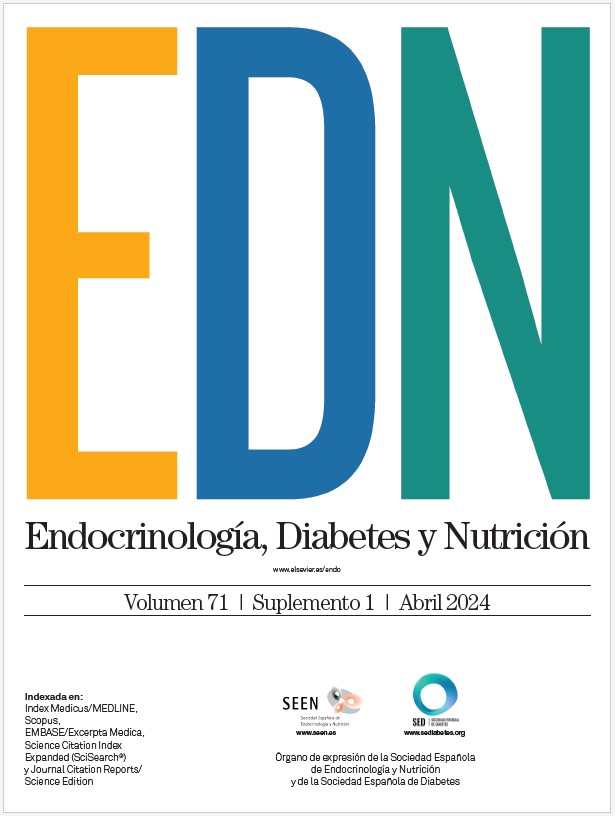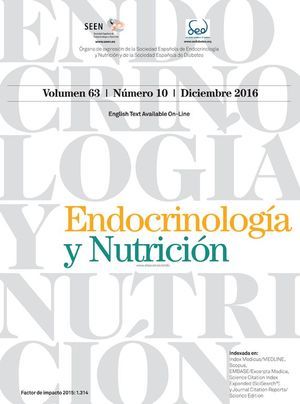P-002 - THE IMPORTANCE OF H2S IN GLUCOSE HOMEOSTASIS IN MICE
aAndalusian Center for Molecular Biology and Regenerative Medicine-CABIMER, Junta de Andalucia-University of Pablo de Olavide-University of Seville-CSIC, Sevilla, Spain. bCentro de Investigación Biomédica en Red de Diabetes y Enfermedades Metabólicas Asociadas (CIBERDEM), Madrid, Spain.
Introduction and objectives: H2S is an important molecule, given the discovery of its numerous physiological functions years ago. H2S is a gas produced in cells and tissues via various enzymatic and non-enzymatic processes by sulfur donors. H2S modulates the activity of different types of proteins specially by a post-translational modification in cysteines called protein persulfidation. Deficiencies in endogenous H2S production are linked to cardiovascular and several health complications, with a potential role in diabetogenesis. Moreover, several studies indicate that obese and diabetic individuals have lower blood levels concentrations of H2S than non-obese/non-diabetic patients, suggesting that this molecule plays a significant role in glucose metabolism. This study aimed to evaluate the functional and mechanistic effects of the modulation of intracellular H2S production on glucose and insulin tolerance, and physical parameters in rodent models.
Materials and methods: Rodent models were fed with molecules that increase the intracellular content of H2S in standard diet (STD) and high-fat diet (HFD). We studied the effects of these compounds on glucose tolerance test (OGTT), pyruvate tolerance test (ipPTT), and insulin tolerance test (ITT). Additionally, we measured physical strength using rotarod and wire hang tests, and protein persulfidation level.
Results: The results indicate that in both STD and HFD diets, H2S donor significantly improved glucose tolerance. Curiously, irrespective of the diet, mice treated with this compound have significantly lower levels of circulating insulin compared to control animals during an OGTT, with both diets exhibiting lower glucose levels when are exposed to an ITT. Moreover, Sulfur donor compounds increase motor coordination and strength in STD and HDF-fed mice. Finally, protein persulfidation increased in liver of mouse treated with these sulfur-containing compounds in STD.
Conclusions: Our line of research explores the potential of new pharmacological interventions aimed at promoting metabolic health. In particular, our investigations show that sulfur donor compounds have therapeutic potential, by improving metabolic homeostasis and increasing locomotor function. The overall improvement in metabolic health led us to propose a novel and alternative mechanism that could have greater potential in promoting a health status in different diseases such as diabetes.







